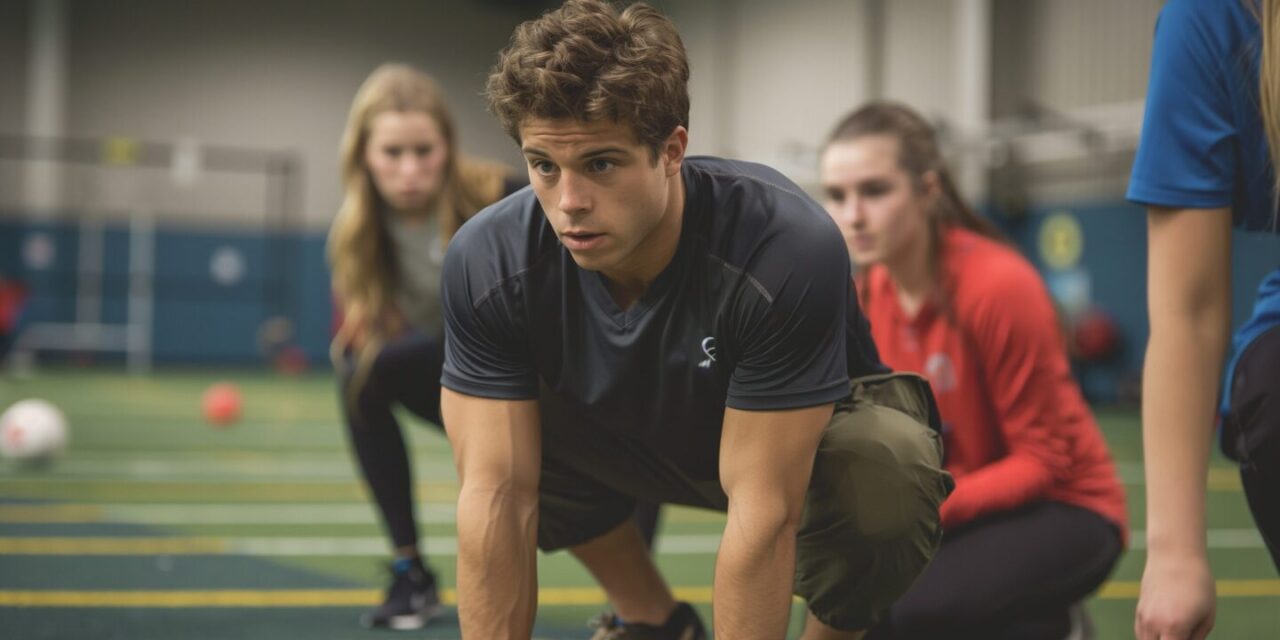Embarking on a journey toward becoming an athlete, regardless of the level of competition, requires a fundamental understanding of athletic training. For beginners, diving into the world of sports and athleticism can be both exhilarating and daunting. The following guide outlines the essential aspects of athletic training that are crucial for laying a solid foundation for any sports endeavor.
Understanding Athletic Training
Athletic training encompasses far more than just physical exercises. It is a comprehensive approach that focuses on enhancing overall athletic performance, preventing injuries, and ensuring the proper management of sports-related injuries when they do occur. Athletic training involves a mixture of physical conditioning, skills development, nutrition, psychological strategies, and injury prevention techniques. A well-rounded athletic training program is vital for optimal performance and long-term health in any sport.
Physical Conditioning
At the heart of athletic training is physical conditioning, which includes strength, endurance, flexibility, and speed training. Each of these components plays a vital role in preparing the body for the demands of sport. Strength training builds muscle and improves power, which is crucial for nearly every type of athletic performance. Endurance training, such as running or swimming, increases cardiovascular health and stamina, enabling athletes to maintain high performance levels for longer periods. Flexibility exercises, like stretching and yoga, enhance range of motion and decrease the risk of injuries. Lastly, speed training focuses on improving the athlete's quickness and reaction times.
Nutrition and Hydration
Nutrition and hydration are the fuel that powers athletes through training and competition. A balanced diet rich in carbohydrates, proteins, healthy fats, vitamins, and minerals provides the energy necessary for intense workouts and facilitates recovery. Hydration, too, is an underestimated yet crucial element of athletic training. Maintaining adequate fluid levels before, during, and after exercise prevents dehydration and keeps the body functioning at its peak.
Injury Prevention and Management
Injury prevention is an indispensable part of athletic training. This can be achieved through proper warm-up and cool-down routines, incorporating rest days into training schedules, and using correct techniques during exercise and sport-specific actions. Recognizing the signs of overtraining and listening to the body's warning signals are also key to preventing injuries. Should an injury occur, knowing the basics of injury management, including when to rest and seek medical advice, is essential for a safe and speedy recovery.
Mental Preparation
Mental preparation is as important as physical training in achieving athletic success. Setting realistic goals, developing a positive mindset, and practicing visualization techniques can significantly enhance performance. Stress management and coping strategies are also vital, especially before competitions, to maintain focus and calm under pressure.
Consistency and Patience
Consistency in training and patience with progress are fundamental principles for beginners in athletic training. Incremental improvements over time lead to significant achievements. It’s crucial to set realistic goals and to understand that progress varies from one individual to another. Steady, persistent effort, rather than sporadic, intense bursts of activity, yields the best long-term results.
Seeking Professional Guidance
Finally, seeking the advice and guidance of experienced coaches, trainers, and sports nutritionists can accelerate the learning curve for beginners in athletic training. These professionals can provide personalized training routines, nutritional advice, and injury prevention tips tailored to individual needs and goals.
In conclusion, athletic training for beginners is a multi-faceted approach that requires dedication, discipline, and a willingness to learn. By focusing on physical conditioning, nutrition, injury prevention, and mental preparation, and by maintaining consistency and seeking professional guidance, beginners can set the stage for a rewarding and successful journey in athletics.





